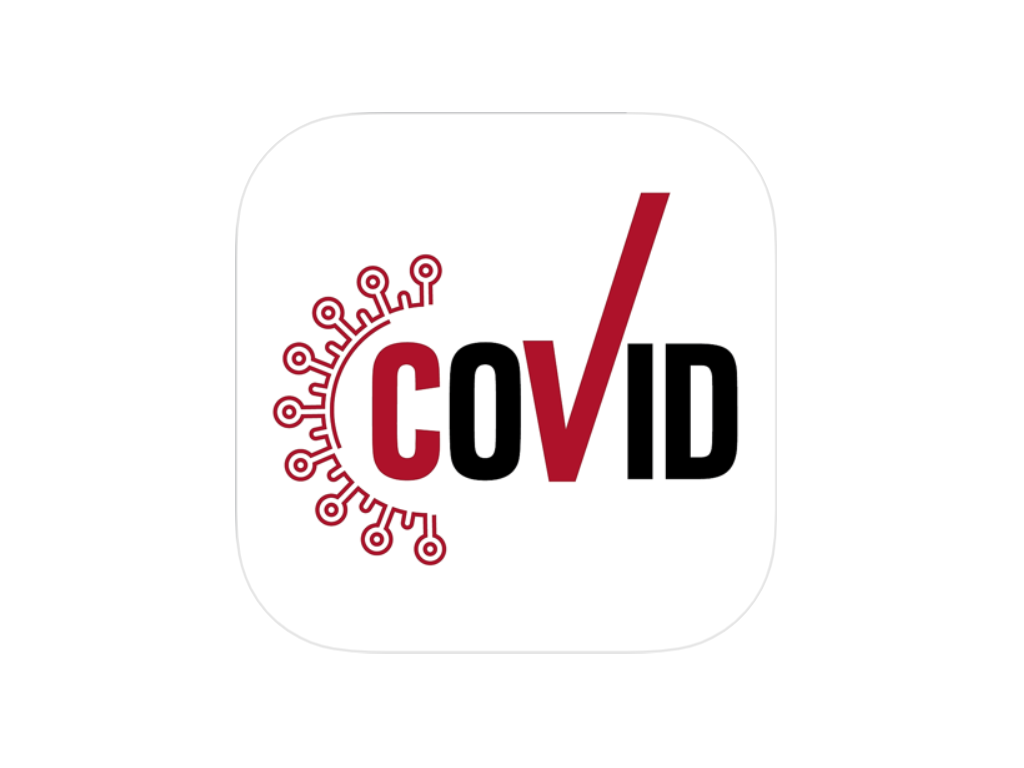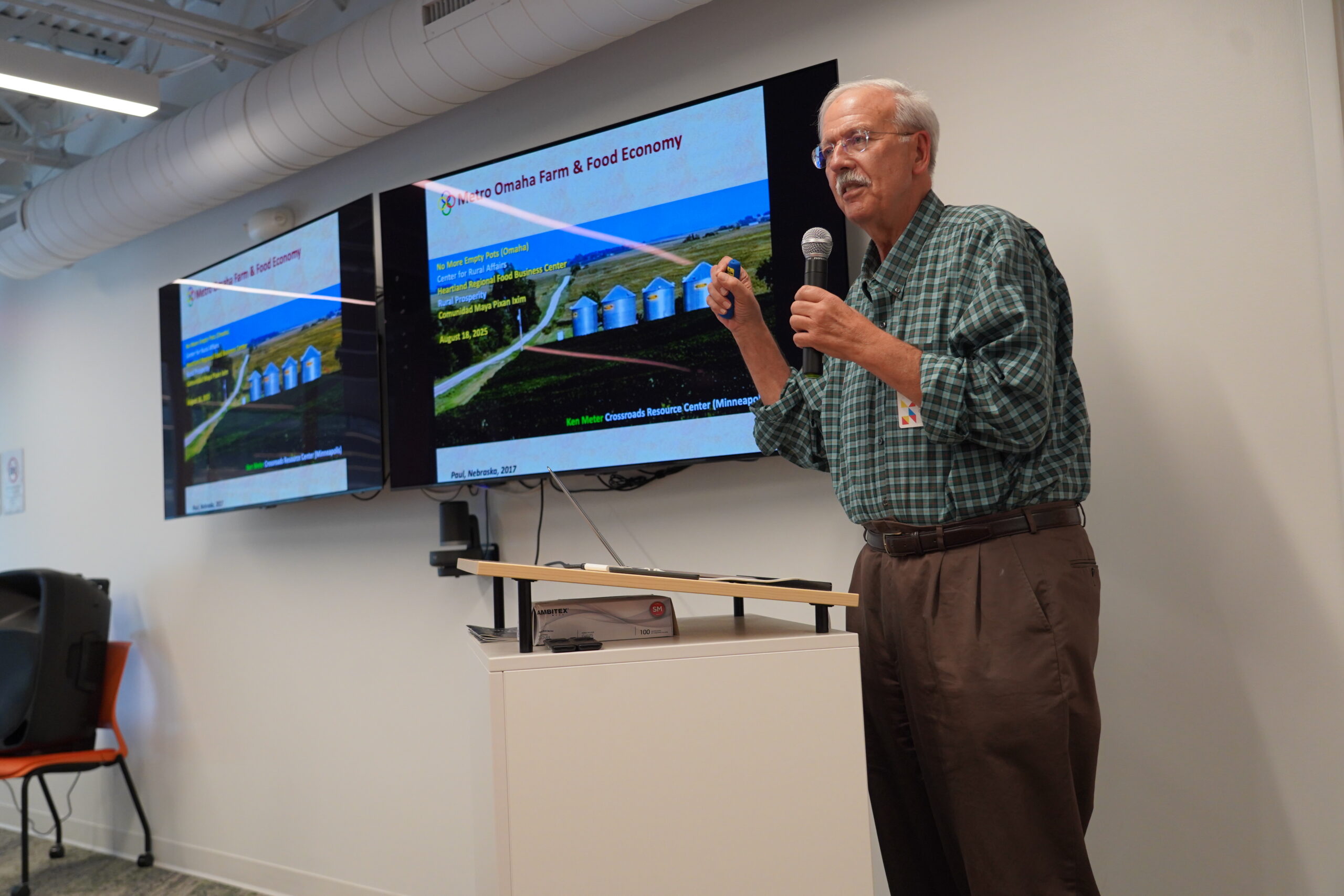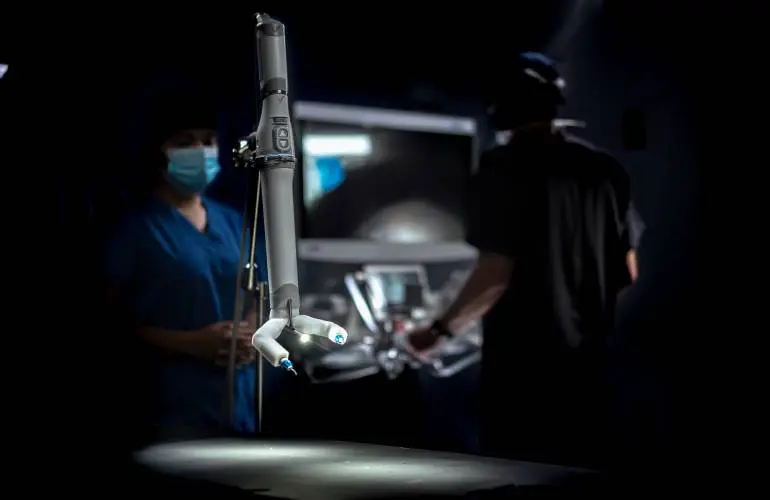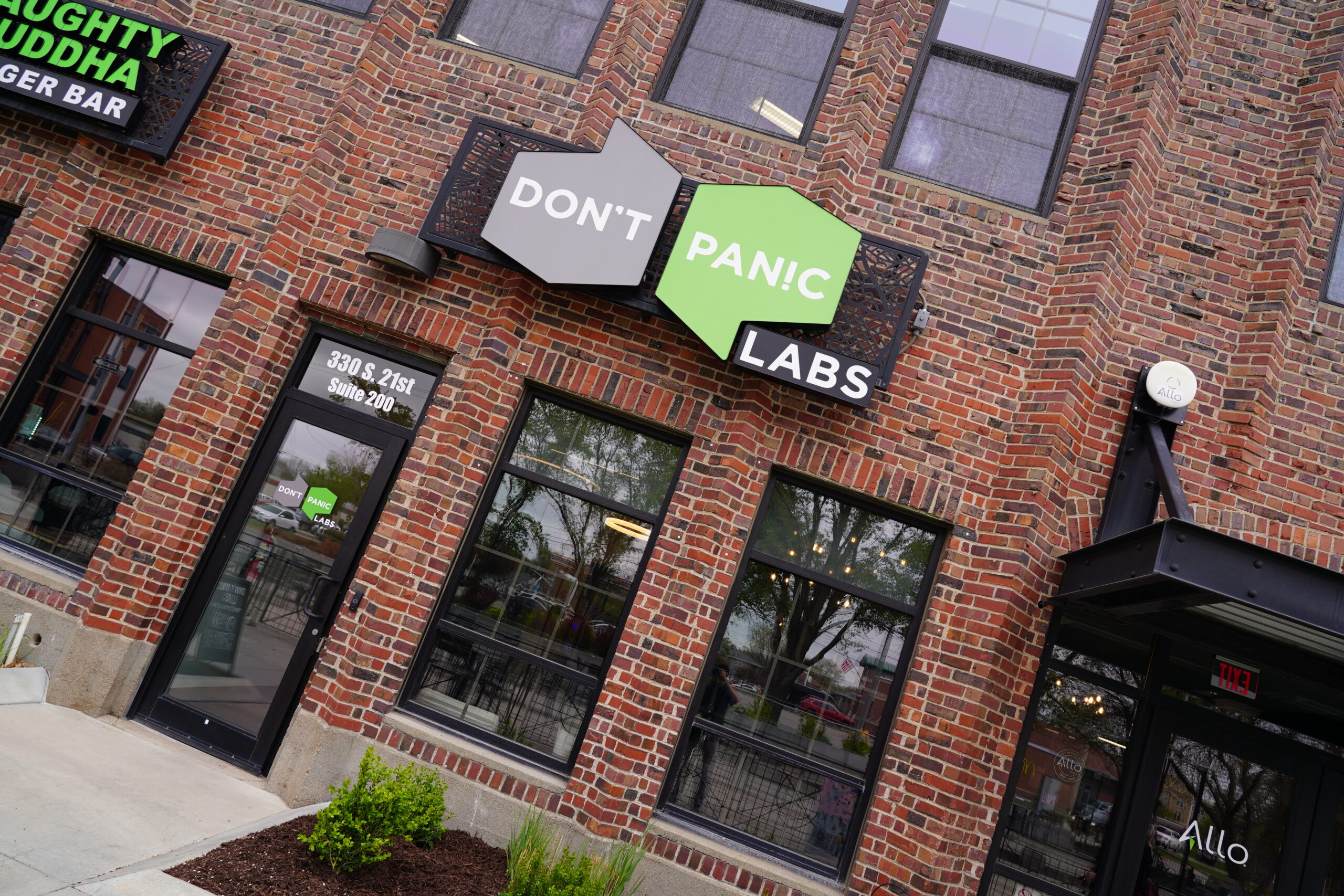As the global pandemic spread this spring, a trio of University of Nebraska at Omaha students helped quickly turn an idea into a valuable COVID-19 screening tool.
The 1-Check COVID app was the result of an interdisciplinary team effort across the University of Nebraska Medical Center and UNO. Staff from the emergency medicine department at UNMC saw the need for an app-based screening tool to educate and provide guidance to the general public as COVID-19 cases began to grow in March.
The primary goal of the project is to help people make sense of their symptoms, so they can make better-informed decisions regarding their health options.

Thang Nguyen, a faculty instructor for the department of emergency medicine with UNMC and Nebraska Medicine, is well versed in using technology for patient self-screening — this process was the basis of his Ph.D. dissertation.
Nguyen said he and two of his colleagues developed an initial assessment prototype for the platform.
“We were able to build a screening tool that was capable of risk stratifying the user’s COVID-19 risk based on their reported symptoms,” he said.
But the team needed someone to engineer the app.
That’s where three members of UNO’s Scott Scholars program came into the picture. The program offers scholarships to high-achieving engineering and IT students from across Nebraska.

Grayson Stanton, a rising junior studying computer engineering and math, was called into action along with his peers Keegan Brown and Carly Cameron.
Things moved fast once the students got involved.
“We got started 1 ½ hours after we got the call to action,” said Stanton.
Last summer Stanton had an internship through the Scott Scholars program where he learned the Swift programming language, which is used to build iOS apps. He and his team completed two projects for the University of Nebraska system — an app for UNMC’s Fred & Pamela Buffett Cancer Center Healing Arts Program, and an inventory program for UNO’s on-campus food pantry.
So Stanton and his fellow programmers were more than technically prepared to dive into the project.
The first two weeks were a sprint — one that coupled nicely with the extended spring break at UNO.
The Scott Scholars team received some assistance from Apple engineers to perfect the look of the app.
One of the most interesting parts, Stanton said, was seeing how administrative barriers were removed during the project. In addition to meeting with UNMC personnel and Apple engineers, the team also met with UNO and UNMC chancellor Jeffrey Gold, M.D., as well as Nebraska Gov. Pete Ricketts, Omaha Mayor Jean Stothert, and the chiefs of the Omaha police and fire departments.
End-to-end, it only took three weeks for the basics of the app to be completed.
“I’m excited with how it turned out,” Stanton said. “I think it has helped a lot of people.”
Working with the students was a true pleasure and a great example of interdisciplinary teamwork, Nguyen said.
“The UNO team brought a level of professionalism and dedication to the project that we have never experienced from a student team,” he said. “Without their efforts, the 1-Check COVID app would not have been possible.”
So far, the app has been downloaded more than 20,000 times. Nguyen said he’s seen patients in the emergency department who told him the app was the factor that led them to seek care for their symptoms.
The designers built the app so the questions can be changed or added without the user having to update the app. This is important as medical knowledge of COVID-19 and its symptoms continues to evolve.

Jane Meza, Ph.D., interim executive director of UNO’s new Office of Health Security, said she’s proud that UNO students were an integral part of the project.
Also, it provides a reminder that there’s many actions one can take to help curb the spread of COVID.
“(It) also helps to remind us of the importance of non-pharmaceutical interventions like staying home when you are sick, washing hands and wearing a face covering,” she said. “These simple interventions can help prevent the spread of COVID-19.”
Download the iOS version of the 1-Check COVID App here.
Download the Android version of the 1-Check COVID-App here.
Find Nebraska Medicine’s COVID-19 resources here.




